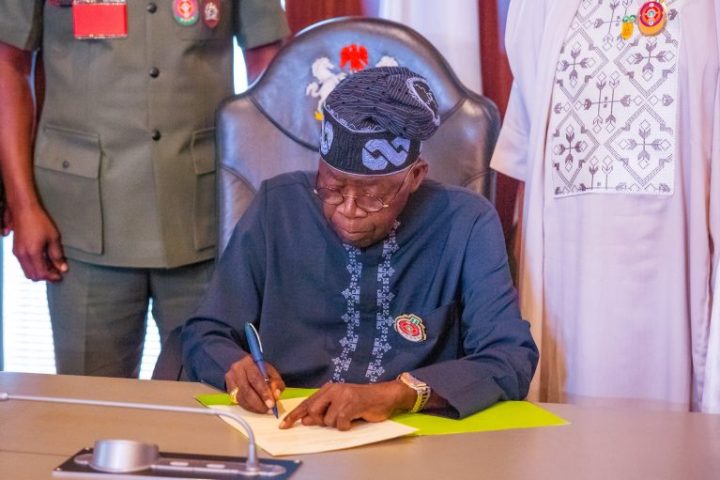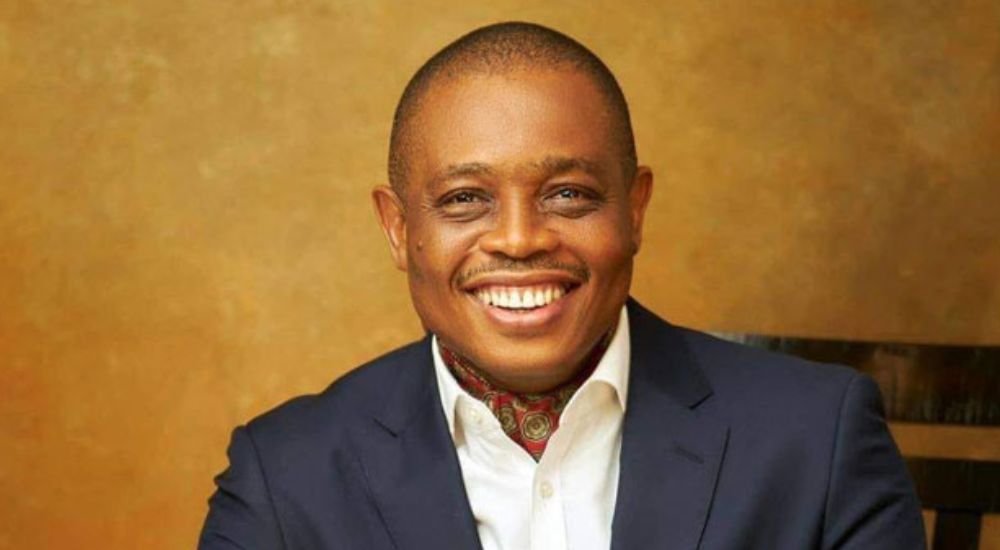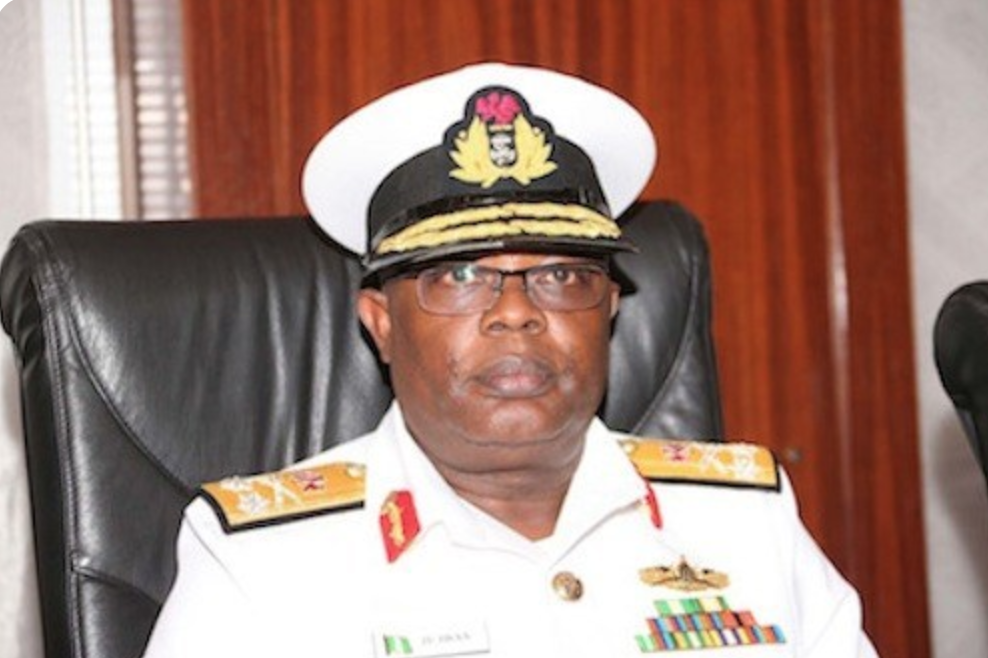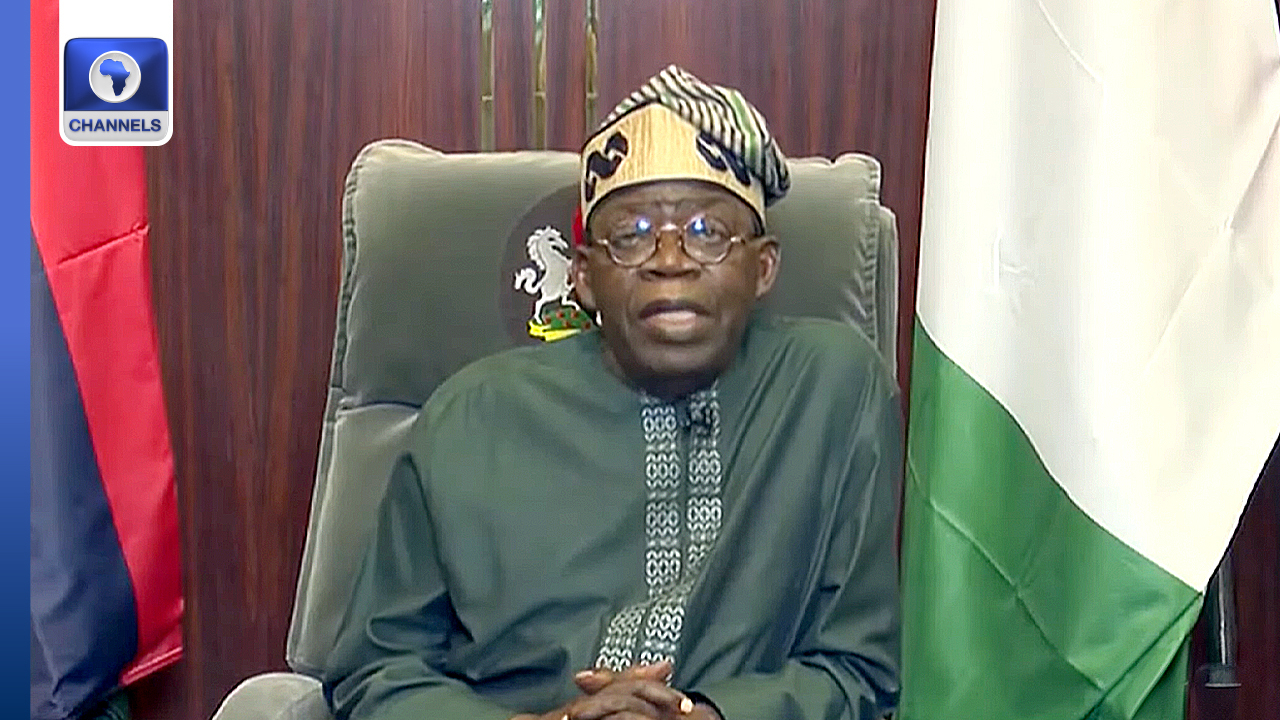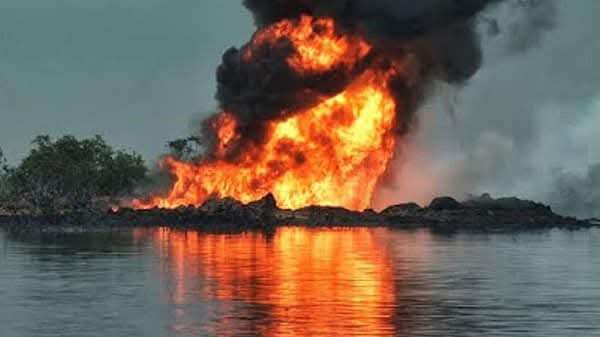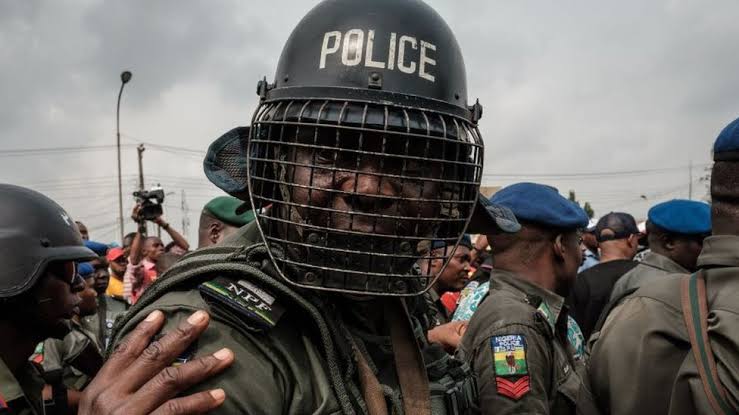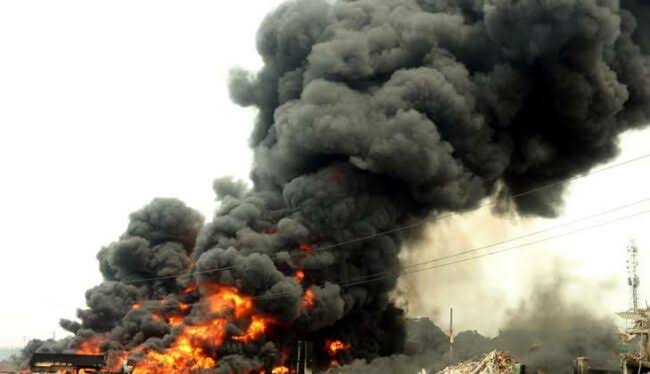In his book “The Power of Regrets”, Daniel Pink explores how retrospection can be a powerful tool for growth and improvement. Reflecting on the Supreme Court judgment that has thrown Rivers State into chaos, I ask myself fundamental questions. If the Supreme Court justices were to reflect on their ruling, would they regret the consequences it has unleashed? What about the two primary political figures at the heart of the crisis—Governor Siminalayi Fubara and Minister Nyesom Wike? What could be their regrets when they reflect on what is going on? Most significantly, the people of Rivers State, bearing the brunt of the judgment’s repercussions, indeed have the deepest regrets, spanning social, economic, and political dimensions. Their sense of injustice is palpable. Regrets are a part of life. Pink said clearly from his research that we all have something we wish we had done differently.
Justice is the bedrock of any democratic society, providing stability, fairness, and order. However, when a Supreme Court ruling not only deepens an existing crisis but also fuels political strife, it calls into question the Judiciary’s integrity and role in governance. The recent Supreme Court judgment concerning Rivers State has ignited a political firestorm, raising fundamental questions about its implications for governance, democracy, and the rule of law.
A meta-analysis of 134 expert legal commentaries in the media on the ruling reveals an overwhelming consensus—130 commentators argue that the verdict did more harm than good, failing to uphold legal standards and instead entrenching political instability. Those 130 commentators believe that the apex court did not dwell on the law but rather on extraneous issues. Only four legal experts expressed a differing opinion, highlighting the near-universal disapproval of the judgment within the legal community.
Justice Mojeed Owoade (rtd) led 11-man Independent Judicial Accountability Panel delivered a scathing critique of the judgment. The panel noted that the Supreme Court failed to resolve the crucial issue of the alleged defection of 27 lawmakers, leaving a gap in legal interpretation. In their words, “the judgment of the Supreme Court in the consolidated appeals leaves a gap as to whether the issue of the alleged defection of 27 members of the Rivers State House of Assembly is still alive or has been settled. This is because the court commented on the defection issue without actually addressing it.” This failure is significant given that a similar case in 2012 saw the Supreme Court uphold the removal of lawmakers who defected without due process.
One of the most contentious aspects of the judgment was its handling of local government elections. The Supreme Court verdict in annulling the elections did not follow any precedence known to law. To make matters more complicated, the Supreme Court nullified the elections without providing a timeline for fresh polls, leaving the fate of governance in limbo. LGA chairmen have been elected and sworn in yet the Supreme Court without hearing the chairmen or their political parties annulled the election. The only justification given by the apex court is that INEC had not updated the voter register. The fact that this is a hatchet job does not require a soothsayer.
This judicial oversight has triggered widespread confusion. Over 10,000 local government workers remain uncertain about their employment status. Vital social services may be affected.
Even more curious is the fact that 32 other states have conducted local government elections under similar conditions without interference. Why was Rivers State singled out? The Supreme Court ruling raises serious concerns about selective judicial intervention and inconsistency in legal precedents.
In another troubling move, the Supreme Court ruling directing the withholding of federal allocations to Rivers State, a constitutional entitlement without preconditions , has plunged the people of Rivers state into financial uncertainty. How could the Supreme Court expose the people of Rivers State to unprecedented suffering based on a disagreement between two politicians? The Supreme Court has previously ruled that the federal government lacks the authority to withhold statutory allocations due to constitutional infractions, as seen in the case of Lagos State vs. the Federal Government. This action contradicts the court’s precedent, particularly in the landmark Lagos State vs. Federal Government case, where the court ruled that federal allocations cannot be withheld due to constitutional infractions.
The impact of this decision is profound. Thousands of civil servants face delayed salaries and economic hardship. Infrastructure projects and public services have ground to a halt. The ruling has exacerbated economic instability in a state critical to Nigeria’s oil revenue, which accounts for nearly 40% of the country’s crude oil production. Instead of resolving the crisis, the Supreme Court ruling has deepened the political turmoil in Rivers State, creating a perception of partisanship within the Judiciary. By failing to uphold impartial justice, the court has inadvertently set a dangerous precedent where judicial rulings can be weaponised for political ends. Future political conflicts may escalate as parties exploit judicial verdict gas.
Fubara and Wike, who is fighting through his proxies, must be full of regrets if they have a conscience. The thrill of defeat and the agony of victory cannot help them. For Wike, the Supreme Court ruling has given him an opportunity to assert his dominance over Rivers State’s political landscape- real or imagined. After the Supreme Court judgement, Wike has invested time, media appearance and money to escalate the crisis and prove that he is the “political god of Rivers State “. If Wike has any regrets,they are likely overshadowed by his sense of imperial entitlement .
Fubara, on the other hand, has struggled to maintain stability while attempting to comply with the apex court ruling. He has repeatedly attempted to present the budget to the Rivers State House of Assembly, highlighting his commitment to complying with legal processes. The intentional act of the Assembly making itself unavailable for the Governor to present the budget is not about Rivers State’s interest but about their ego and one man’s interest. They have prioritised their personal and political gains over the well-being of Rivers people. Added to that is the assembly’s latest attempt to ambush the Chief Judge of the state and hound him out of office.
While politicians manoeuvre for power, the real victims of this crisis are the ordinary people of Rivers State. Rivers people will be exposed to unprecedented social dislocation, crimes and hardship. The judgment has led to economic hardship due to delayed salaries and disrupted services. Increased crime rates have been fuelled by political instability and financial strain. There has been an erosion of trust in the Judiciary and democratic institutions.
Furthermore, the judgment risks disrupting Nigeria’s oil revenue. Niger Delta youths and militant groups witnessing the impoverishment of their families while their resources sustain the nation, may resist oil extraction, further threatening national economic stability.
This is one judgement that, in all respect has led to the displacement of the confidence of the people in the Judiciary by the perceived manipulation of judicial processes and proceedings in the far-reaching decisions of the Supreme Court on issues of defection of the 27 former lawmakers that were not pleaded by the parties before it or tried by the Federal High Court. Rivers people and the rest of Nigerians cannot understand how the Judiciary in the 21st century Nigeria would allow a baleful manipulation of the processes to allow a clear violation of Section 109(1)(g) of the 1999 Constitution by defectors to the point of the Supreme Court rewarding such travesty by punishing the Governor who at all material times has worked to protect and defend the Constitution by his Oath of office.
The Supreme Court should have better handled the critical point of the status of the 27 decamping legislators. A more balanced approach would have sent a different signal . In the past, the Judiciary has taken firmer stances on similar cases, such as in 2007 when lawmakers who defected in Anambra State were asked to vacate their seats by constitutional provisions. Instead, this particular ruling has emboldened political actors seeking to privatise the state ,undermine governance, creating an atmosphere where impeachment and humiliation of the Governor appear viable strategies for political gain. The general perception in Rivers State is that the president has unleashed his minister against the people of Rivers State. None of these scenarios benefit the people of Rivers State.
Thankfully , the Governor had not acted in disobedience to any court order since appeals were filed in all of the rulings on interlocutory applications in the courts below. Generally speaking, parties are bound by the judgment of Courts, which are or constitute a final determination of matters brought by litigants. Thus, it is wrong or unfair to unnecessarily accuse a party of disobedience to Orders subject to appellate jurisdiction on cases pending before the lower Courts.
When we speak of justice, we reach for the foundation of human existence. Justice is the cornerstone of human togetherness. The rule of law should be a stabilising force, ensuring justice and accountability. However, in this case, it has been manipulated to aggravate the crisis rather than assuage it. The Supreme Court’s ruling has failed to uphold its fundamental duty—to serve justice impartially and safeguard democratic stability. Morally dubious decisions haunt us, and some justices of the Supreme Court involved in the Rivers State case must be dealing with their regrets. Restoring confidence in the Supreme Court requires addressing perceptions of bias and ensuring decisions are grounded in constitutional principles rather than political agendas.
The Supreme Court ruling on Rivers State has left a trail of confusion, economic hardship, and political instability. It has raised serious questions about the Judiciary’s integrity and its mediatory role. There must be mechanisms for judicial accountability and reforms to prevent future rulings that exacerbate crises rather than resolve them to restore public confidence in the legal system. Justice in a democracy should serve the people, not feudal lords or political interests. It should provide stability, not chaos. The Supreme Court must rise above political influences and uphold the principles of fairness, integrity, and constitutionalism. Only then can democracy truly thrive in Rivers State and across Nigeria.
